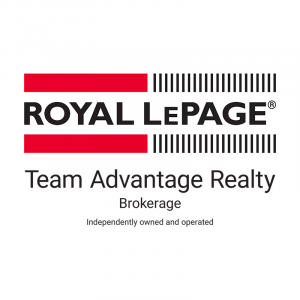Renting vs. Owning: An Overview
Choosing to rent or buy your home is a major decision that affects not only your lifestyle but also your financial health. Real estate ownership is touted as an investment that is likely to build equity and a source of tax deductions. Renting also has its advantages, including little to no responsibility and flexibility. However, people often believe that buying a home, rather than renting, is the more financially sound decision. In the United States, many people lean toward ownership. This is partly because we’ve been bombarded with the message that being a homeowner is the key to happiness and part of the American dream. Real estate is also big business for everyone, from mortgage lenders to real estate agents to home improvement stores. It is a part of our cultural mindset and economy. However, it’s important to remember that owning a home isn’t always better than renting, and renting is not always as simple as it seems. Consider the pros and cons of each to figure out whether renting or owning is best for you.
KEY TAKEAWAYS
- Renting offers flexibility, predictable monthly expenses, and someone to handle repairs.
- Homeownership brings intangible benefits. They include a sense of stability, belonging to a community, and pride of ownership, along with the tangible ones of tax deductions and equity.
- Contrary to popular belief, renting doesn’t mean you’re “throwing away money” every month, and owning doesn’t always build wealth “in the long run.”
Renting
Renting means you can move without penalty each time your lease ends. However, it also means you could have to move suddenly if your landlord decides to sell the property or turn your apartment complex into condos. Less dramatically, they could just bump up the rent to more than you can afford.
The biggest myth about renting is that you’re “throwing away money” every month. This is not true. You need a place to live, and that always costs money in one way or another. While it’s true that you aren’t building equity with monthly rent payments, not all of the costs of homeownership will go towards building equity.
While homeownership is often touted as a way to build wealth, your home can lose value. The acceptable neighborhood you moved in could decline. A major employer can leave the area, causing a significant population decline and a surplus of housing. Alternatively, there could be a residential construction boom, which could also keep prices down. You might buy a house for $200,000 tomorrow and in 30 years find that it’s still worth $200,000, meaning you’ve lost money after inflation.
Another bit of misleading conventional wisdom: Get a mortgage to get the tax deduction. True, the home mortgage interest deduction reduces your out-of-pocket expenses for mortgage interest early in your loan term, as long as you’re itemizing.1 If you don’t have enough deductions to itemize and claim the standard deduction, there is no tax benefit to you as a homeowner. In the event you can itemize, for every $1 you spend in interest, you’ll save pennies on the dollar—an amount that will only decrease over time as you pay down your mortgage.
Of course, renters get no mortgage tax deduction at all. But they can take the standard deduction that’s available to all taxpayers.
Do you like having your evenings and weekends to use as you please? Do you work long hours or travel frequently? If so, then the time commitment that comes with homeownership might be more than you want to take on. There are always projects around a house that you will need or want to take care of, from finding a plumber to replacing a rusted-out pipe and repainting the bedroom to mowing the lawn.
If you live in a community with a homeowners association (HOA), the HOA might take some homeownership chores off your plate. That will usually cost a few hundred dollars a month. But beware of the headaches that association membership can entail.
If you rent, your landlord will take care of all the repairs and maintenance, though of course they may not be done as quickly or as well as you would like.
IMPORTANT: Although not as universal as homeowners’ insurance, renters’ insurance is often recommended for those leasing homes and is increasingly required by landlords.
Owning
Homeownership brings intangible benefits, such as a sense of stability, belonging to a community, and pride of ownership. However, it is not good for restless or nomadic types. Real estate is the original illiquid asset. You might not be able to sell when you want if the housing market is down. Even if it’s up, there are significant transaction costs when you sell. Changing your mind about where you want to live is far more expensive when you own.
The overall cost of homeownership tends to be higher than the overall cost of renting. That is true even if the monthly mortgage payment is similar to (or lower than) the monthly rent.
Here are some expenses you’ll be spending money on as a homeowner that you don’t have to pay as a renter:
- Property taxes
- Trash pickup
- Water and sewer service
- Repairs and maintenance
- Pest control
- Tree trimming
- Homeowners insurance
- Pool cleaning (if you have one)
- Lender-required flood insurance, in some areas
- Earthquake insurance, in some areas
Perhaps the biggest throwaway expense is mortgage interest, which can make up nearly all of your monthly payments in the early years of a long-term mortgage. Take this typical scenario: You borrow $100,000 at 4% for 30 years. Your first monthly payment will be $477.42, of which $333.33 is your interest payment and $144.08 is principal. It will be about 13 years before more of your monthly payment goes toward principal than toward interest. In total, you’ll spend $71,869.51 in interest (though, admittedly, you’ll recoup some of that in tax deductions if you can itemize).
Even renovation projects don’t often increase your home’s value by more than what you spend on them. On average, you’ll get back 66 cents for every dollar you shell out on a home improvement project, according to Remodeling magazine.2 The projects that recoup the most are not glamorous things you’ll be excited about doing. The best return (and the only one on Remodeling’s list that comes close to recouping its entire cost) comes from replacing a garage door.
Once you add up all these costs, you might find that you’re better off financially by renting and investing the money you would have put into a home into a retirement account.
Special Considerations
Which option is best for you isn’t just about money. It is also about comfort and your vision for your life. Ignore people who tell you that owning always makes more sense in the long run or that renting is throwing away money. Also, disregard those who say that it makes more sense to buy if your monthly mortgage payment would be the same or less than your monthly rent payment. Housing markets and life circumstances are too varied to make blanket statements like these.
More importantly, you should always ignore anyone who discourages you from buying a home because of race, religion, or marital status. Unfortunately, people were often prevented from owning land based on race or their beliefs in the past. Illegal practices like redlining still deter members of minority groups from seeking to own a home.
Many people are also under the false impression that they should be married before buying a home. The truth is that your ability to make payments is the only factor that mortgage lenders should be considering.
All prospective homeowners also need to weigh the risks involved. Getting a mortgage often requires using a large amount of financial leverage. If housing prices go up, people with mortgages can make extraordinary gains.
On the other hand, they can also lose everything and more if prices fall too much. During the subprime mortgage meltdown, an unprecedented number of Americans ended up with underwater mortgages. The key to avoiding these disasters is paying attention to the overall level of housing prices by looking at the Case-Shiller Index.3 If prices seem too high, it can make sense to keep renting for a few years.
Still, despite the risk, added expense, and extra chores associated with owning a home, many people choose it over renting. It provides a more permanent place to raise children. It is also frequently the only way to have, or create, the sort of residence people want. Ultimately, the decision to rent or to own is not just financial. It is also emotional.



